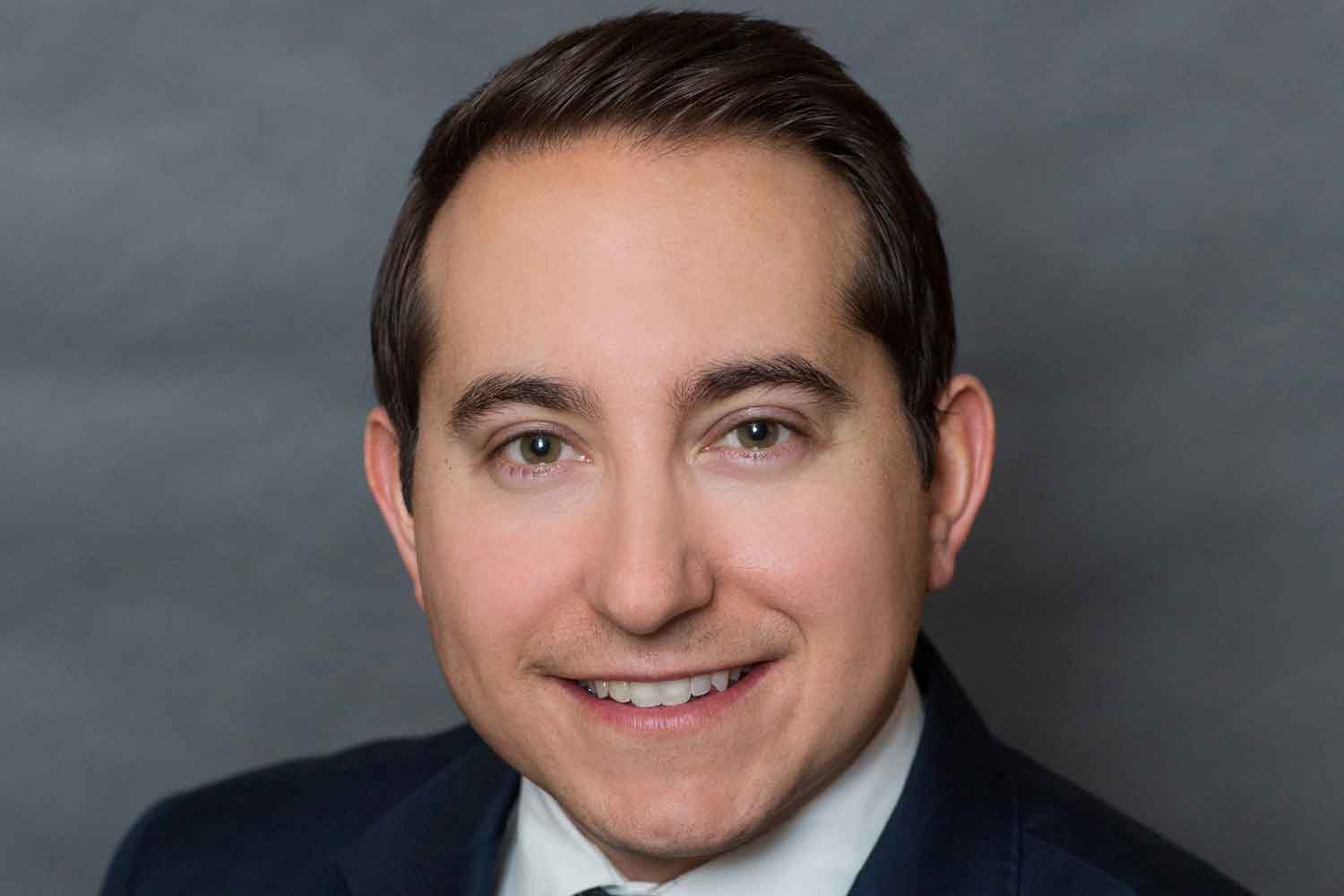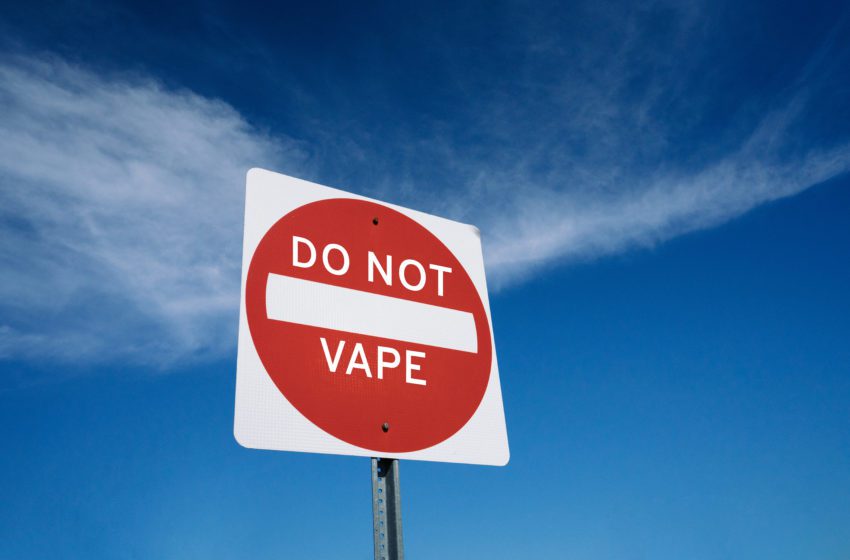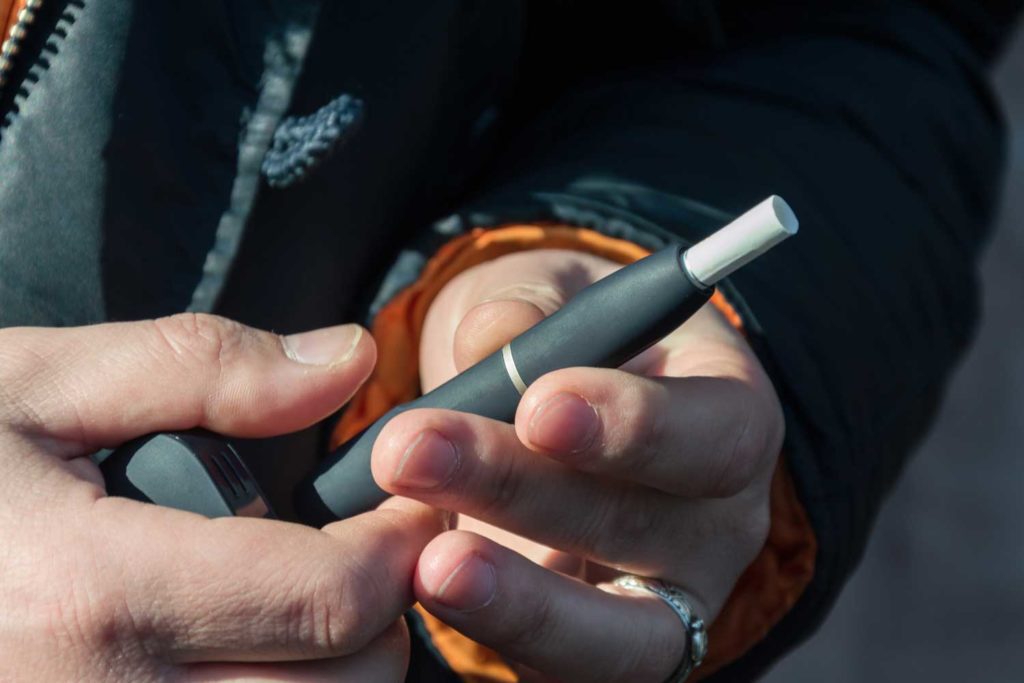
Tobacco harm reduction advocates have welcomed Thailand’s plans to legalize and regulate vapor products.
“Countries which have chosen to legalize and regulate e-cigarettes have seen a fall in overall smoking rates and have much better control over youth vaping. It’s exciting for Thailand, and in fact the world, that the government is now set to overturn its ban on the sale of vape products,” says Asa Saligupta, director of ENDS Cigarette Smoke Thailand (ECST).
According to Saligupta, Thailand’s harsh ban and penalties on vape sales has meant too many smokers have been stuck with cigarettes, while young people buy e-cigarettes in the underground economy with no control over the purchase age or product safety standards.
“We’ve seen the legalization and regulation of vaping in places like the United States, United Kingdom and New Zealand work very well. I’m delighted the Thai government is now listening to the science with the adoption of effective tobacco harm reduction (THR) policies now increasingly imminent,” he says.
The ECST director says Digital Economy and Society Minister Chaiwut Thanakamanusorn, government officials, public health experts and advocates have all been key to finally addressing Thailand’s failed tobacco control policies.
He says that, despite the minister adopting an evidence-based approach, local conservative health groups continue to unfairly target him and publicly scaremonger.
“It was a big breakthrough last year when the minister told local media that vaping is safer for people trying to quit smoking. Since then, he has walked the talk—looking at ways vaping can be legalized. He fully understands it offers smokers a less harmful alternative to deadly cigarettes and protects non-smokers from the dangers of second-hand smoke.
“Consumer groups like ours have worked hard to encourage our politicians and officials to follow the significant international public health evidence. It has been a long journey, but we’re pleased with the progress the government’s working group continues to make on legalizing e-cigarette sales,” says Saligupta.

International research also shows countries which have adopted progressive policies around vaping have seen their smoking rates fall twice as fast as those countries that haven’t.
Nancy Loucas, executive coordinator of The Coalition of Asia Pacific Tobacco Harm Advocates (CAPHRA), says that by lifting its long ban on vape sales, Thailand will join about 70 countries that have legalized vaping.
“Around the world, vaping is saving millions of ex-smokers’ lives and can save many more if safer nicotine products are embraced, not demonized,” says Loucas. “Thailand’s 10 million smokers have long deserved a readily and legally available alternative to cigarettes. The country’s sky-high smoking rate is totally unacceptable but thanks to the work of ECST and others, it’s about to be seriously addressed.”
According to Loucas, Thailand has become increasingly isolated internationally with its harsh policies. Vapers currently risk arrests, sanctions and even imprisonment.
“By legalizing that sale of vapes, Thailand will join countries like the Philippines and Malaysia which are also waking up to the fact that vaping bans inevitably fail, leading to unnecessary smoking-related illnesses and deaths,” says Loucas.





















